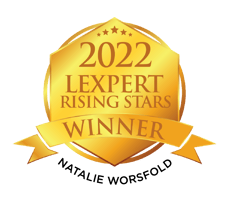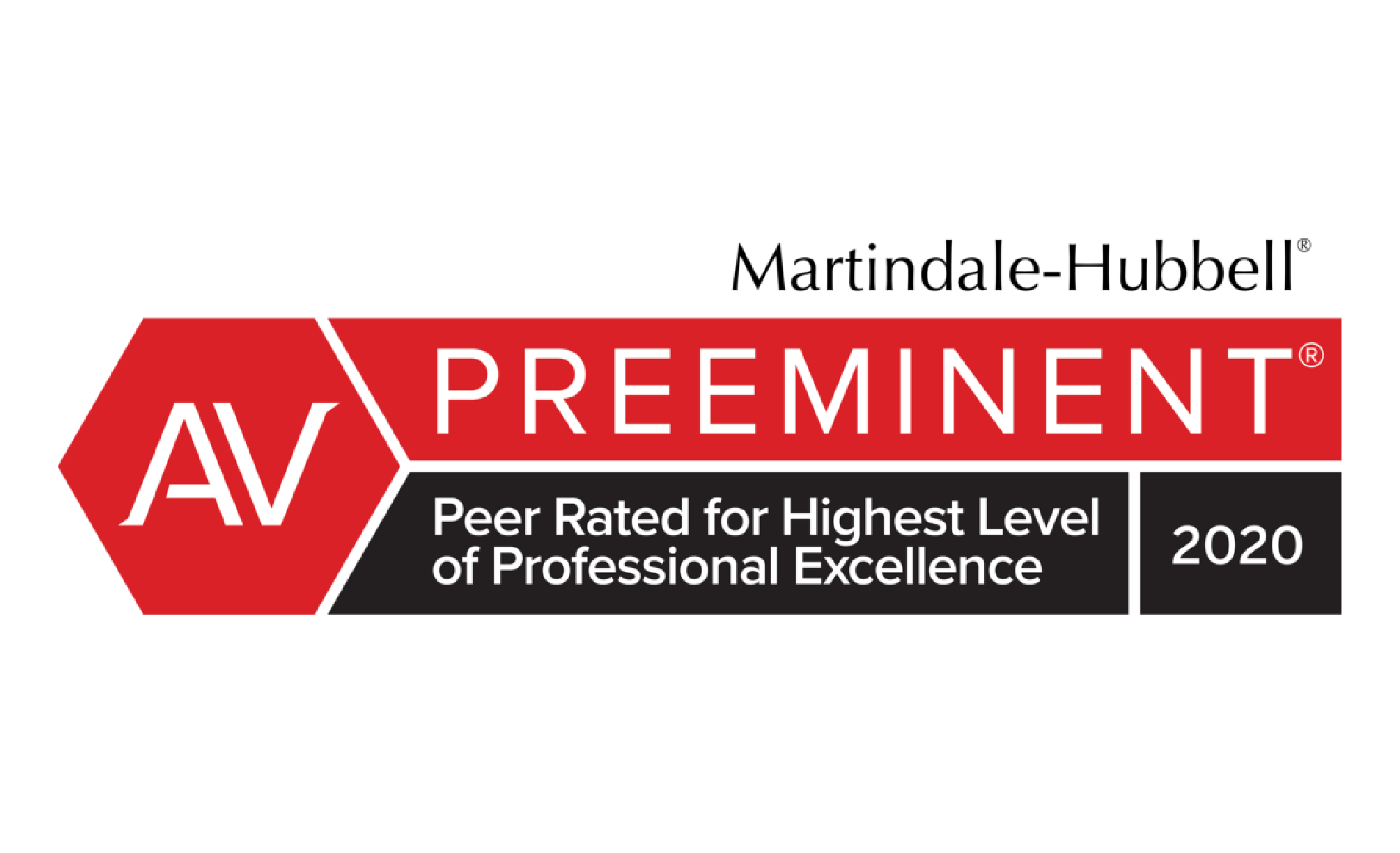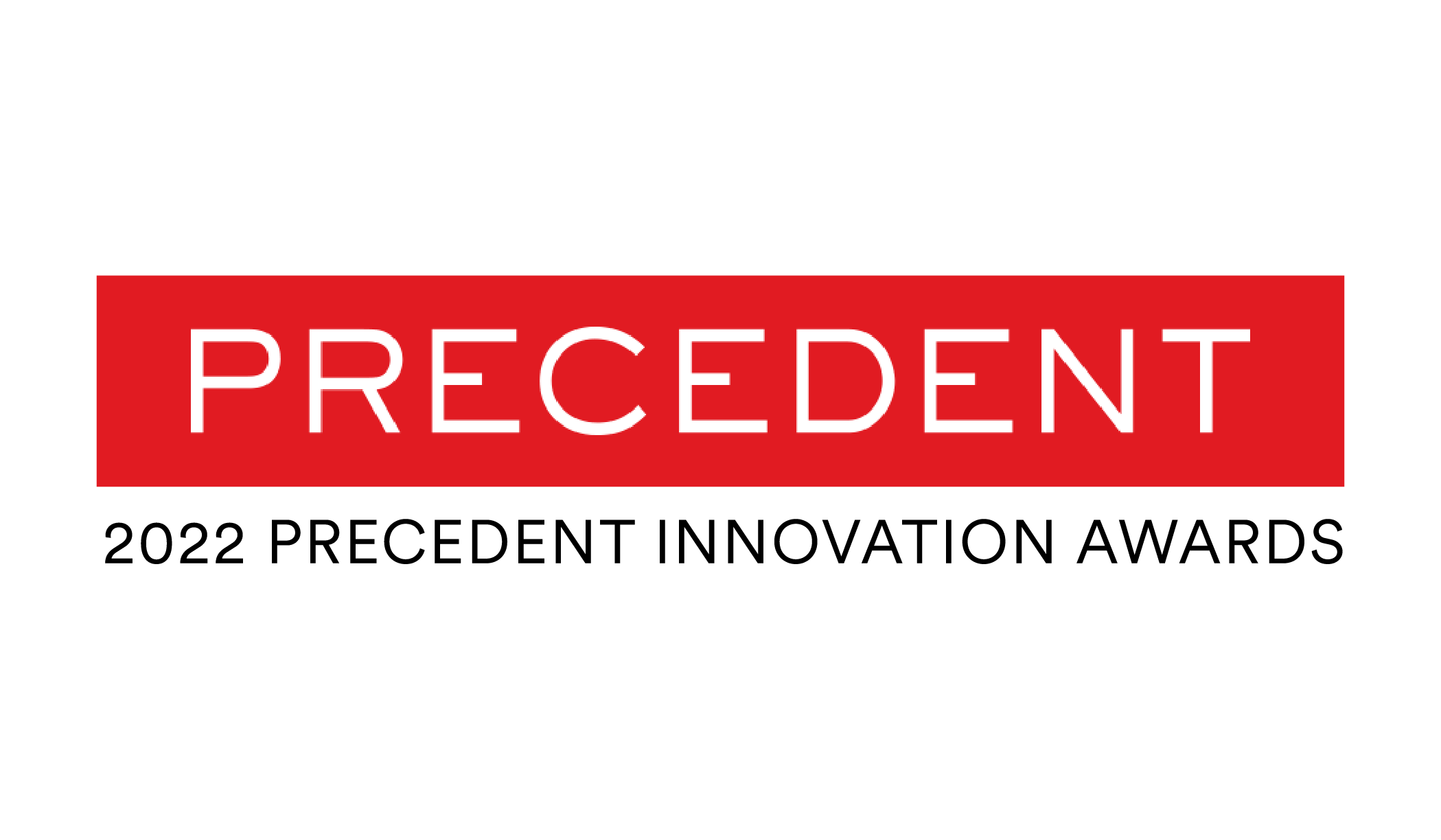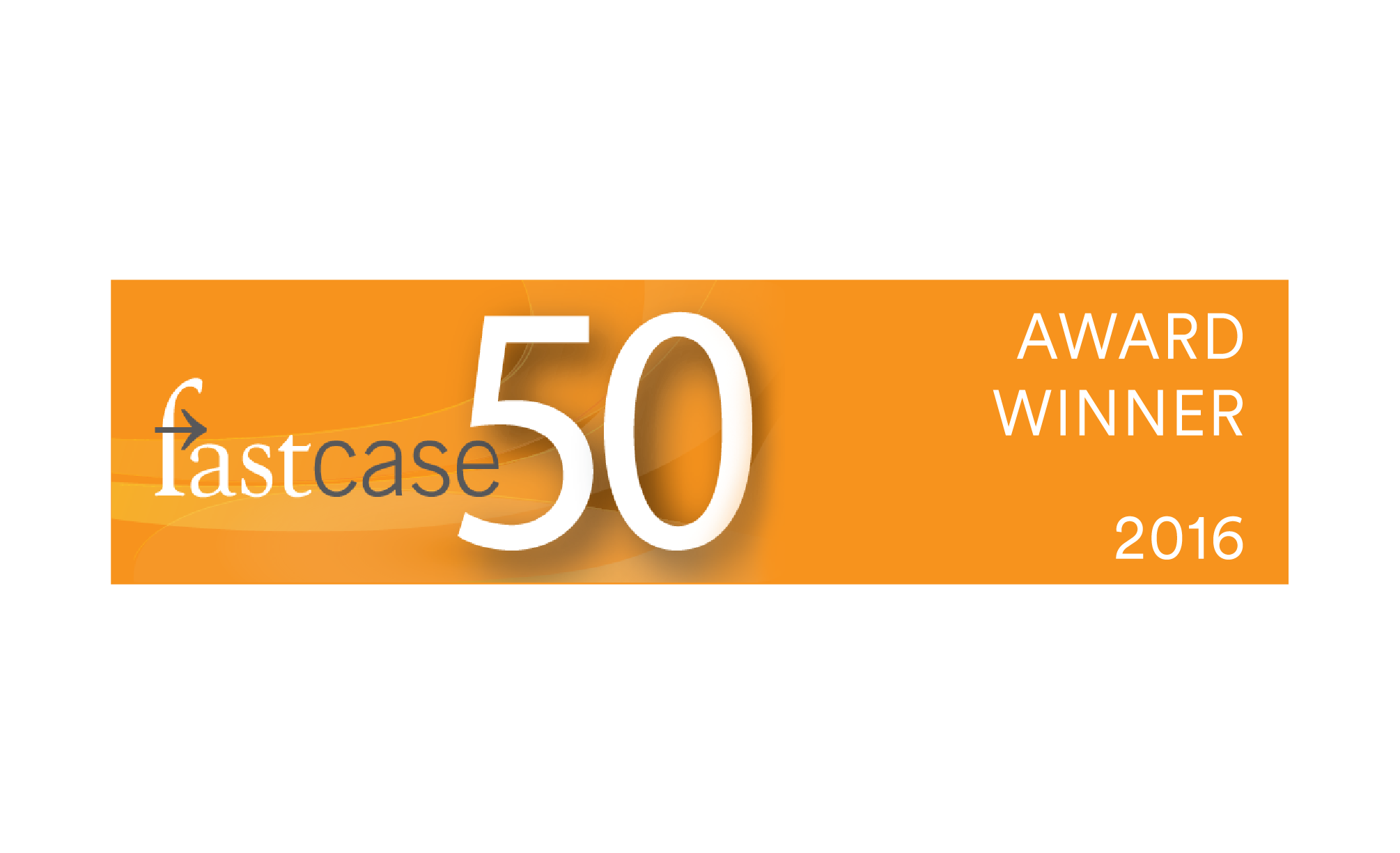
Peter Aprile and Natalie Worsfold interview Joe Milstone and Bryan Friedman of Axiom Law, Canada.
Joe, co-founder of early NewLaw entrant Cognition LLP (now, Caravel Law), starts the episode off. The group discusses Cognition's novel approach to the delivery of legal services, business development, scaling up, and the eventual sale to Axiom Global Inc.
Then, Bryan, director and general manager of Axiom's Canadian outpost, joins the conversation. The group discusses Axiom's operational structure, g

Joe is a co-founder of Caravel Law (formerly Cognition LLP) and Axiom Global Canada Inc. and specializes in commercial agreements, particularly in the technology, telecommunications, professional services and sports and entertainment sectors. Joe also has experience in regulatory and compliance matters in financial services, telecommunications and gaming.

Bryan is a business leader and legal professional with over 10 years experience guiding and managing business affairs, corporate strategy, deal making, legal affairs and operations for insanely ambitious companies in the areas of tech, media and law.
In 2016, Bryan joined Axiom Global Canada Inc. as Director and General Manager.
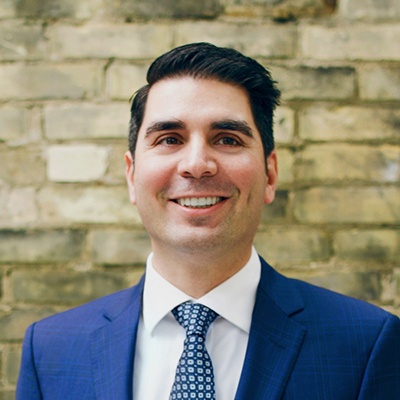
Peter Aprile is a senior lawyer specializing in tax dispute resolution and litigation. His vision as Counter’s founder and his everyday role at the firm are one and the same: to be an agent of change, uncovering opportunities and developing strategies that achieve more than anyone expected. A creative thinker, Peter studies problems from all different angles to find what others have missed. He’s also convinced that he likes winning more than most people.
Different people describe Peter in different ways. At the CRA and the federal Department of Justice, the word relentless comes up quite a lot. Admittedly, so does the word a**hole – but it’s often said with a certain grudging respect, if not affection. Peter’s clients call him a saint. Well, some of them, anyway. His colleagues describe him as empowering and harddriving, but fair. Peter’s friends call him loyal. His wife describes him as a lot to deal with, but worth it. Peter encourages his young daughter and son to call him “The Big Homie,” though with limited success. His mother describes him with the single word mischievous – before going on to complain that he should call more.

Natalie is a tax lawyer who represents individual taxpayers and owner-managed businesses in disputes with the Canada Revenue Agency (CRA). She also successfully challenges CRA decisions denying taxpayer relief and helps facilitate applications under the Voluntary Disclosures Program.
But what you really need to know about Natalie is that she’s a tax litigator with heart. When she takes a case, it’s not out of technical interest – it’s because she cares. And if she believes the government has got something wrong, she won’t stop until it’s been put right. She’s fierce.
Natalie is the co-architect behind many of Counter’s process workflows, software and data analytics systems, as well as our comprehensive knowledgebase (loving named Hank). And when it comes to preparing cases, she’s Counter’s secret weapon – happiest when elbow-deep in evidence, meticulously building creative solutions to seemingly impossible problems. Because the fact is Natalie sees things that other people don’t.
Natalie’s family and friends describe her as loyal, selfless, understanding and fun. They also mention stubborn. To her Counter colleagues she’s a combination of stellar brainpower and contagious enthusiasm who elevates the game of everyone around her.
People
Practices
- Caravel Law (formerly Cognition LLP)
- Davis Polk & Wardwell LLP
- Deloitte Conduit Law
Tech, Tools & More
[music]
Peter Aprile: [00:08] Hi, and welcome to Building NewLaw, Canada's first and only CPD accredited podcast. It's hosted by me, Peter Aprile, and my colleague, Natalie Worsfold.
Natalie Worsfold: [00:17] In each episode, we interview lawyers, legal technologists, and other like‑minded people at the forefront of NewLaw.
Peter: [00:24] We hope that the podcast connects the NewLaw community and helps us all learn more about the approaches that are changing the way that we practice law.
Natalie: [00:32] To learn how you can use this podcast to satisfy your law society's CPD requirements, visit our website at countertax.ca/bnlcpd. That's countertax.ca/bnlcpd.
Peter: [00:45] Enjoy the show.
[music]
Sponsor: [00:45] The Building NewLaw podcast is supported by Counter Tax Lawyers, a new type of tax controversy and litigation law firm. To learn more about Counter, go to countertax.ca.
[music]
Peter: [01:01] It's a big day on Building NewLaw because we have two exciting guests. First, we have Joe Milstone, the co‑founder and owner of Caravel Law and Cognition LLP. We also have Bryan Friedman, who's Axiom's Canadian director and general manager.
[01:21] We expect that most of you are familiar with Cognition and Axiom. Joe and Rubsun Ho started Cognition in the mid‑2000s and they joined forces to create a different type of law firm. As one of the first real NewLaw entrants, Cognition is made a lot of noise in the Canadian legal marketplace.
Natalie: [01:39] Considering Cognition's approach to legal services it was no surprise to hear in January of 2016, the announcement of a reorganization and the sale of its general counsel business to Axiom Global Inc. The interesting thing about Axiom is it isn't a law firm at all. Axiom functions more like a consulting company or a project management for legal services.
Peter: [01:58] While it's not a law firm in a traditional sense, it has taken a huge bite out of the legal marketplace. In fact, Beaton Capital predicts that by 2018, Axiom might be the world's largest legal services firm.
Natalie: [02:10] It's clear that the Cognition‑Axiom sale was incredibly exciting and it's an important development in the Canadian legal landscape. So, we brought Joe and Bryan in to talk about the sale, what the future looks like for Caravel Law and Axiom Canada. Let's get straight to it.
[music]
Natalie: [02:24] Joe, thanks so much for joining us. Let's start off with a bit of your background pre‑Cognition.
Joe Milstone: [02:34] Sure. So, I came from a typical background that most of the lawyers do that we built our business on. I have a Law and MBA degree and I spent a little bit of time in a BigLaw firm, but most of my time in‑house.
[02:50] I worked for three years at the Canadian Bankers Association, more doing lobbying and in‑house counsel policy work. I spent most of my commercial corporate in‑house counsel career at a combination of Call‑Net Enterprises which was the parent of Sprint Canada at that time and Magna Entertainment.
[03:09] From having worked in both environs sort of seeing what I felt was the dysfunction of law from both the outside counsel world when I worked there, and then in the in‑house world, from the point of view of a customer, was really what made me believe that there had to be a better more hybrid model, if you will, between outside and inside law that should be offered in the marketplace for the good of both lawyers and clients alike.
Peter: [03:36] So, you see this dysfunction, but what makes you actually take the leap and strike out on your own?
Joe: [03:40] I had always had an entrepreneurial bent to me and was looking for good business ideas. Really what turned out when I felt was the best business idea was actually in the profession that I trained to be which as most people know is a pretty stayed glacial moving profession. So, the bar for innovation, especially at that time, was pretty low.
Peter: [04:05] What time was that? Let's just get a time frame.
Joe Milstone: [04:06] That was, probably, in the 2003 time frame. There was one small outfit doing something like this at that time, and I had a little folder on my desk in terms of things that I'm going to do when I have the guts to do something else, and I turned to that...
Peter: [04:22] On bad days.
[04:23] [laughter]
Joe: [04:23] on bad days and when I was leaving Magna. I got in touch with that person who was running that business and she was actually getting out of the business at that time. And I said, "This is an opportunity for me to pilot this on my own."
[04:38] I had a little bit of severance money from Mr. Stronach in my pocket, and so, I was able to basically take a chance that I might not have otherwise taken. I felt that if it didn't work in six months to a year, I can always go back to what I was doing, but luckily enough I've never had to do that.
Peter: [04:56] Were you putting any fillers out there doing any market research or what have you, because it's one thing for you to believe like a different type of model would work and to see the dysfunction yourself, but it's another thing for the market to respond to that or to have clients lining up to take advantage of what you see as a difficulty or a better way to do things.
Joe: [05:12] It was a pretty strong conviction from seeing and from having many friends who were in the industry, not only in BigLaw firms, but also increasingly even in in‑house careers where the straight jacket of how those different models worked just didn't work for them. So, they weren't happy, clients weren't happy.
[05:31] Mark Harris, the founder of Axiom has a very good way of putting this, that, "When one side to a bargain is not happy that's a bad bargain, but when both sides are unhappy that's just a bad exchange totally."
[05:44] And so I felt that there was a way not only to build the career and a business for myself but to actually create something that frankly would improve the business structure and the reputation of law on both the client and the lawyer's side. And we were fortunate that over 10 years, it obviously didn't happen overnight, but we felt that we were able to deliver that on both sides.
Peter: [06:06] And so who was around in the early days and heard of that progress?
Joe: [06:10] Myself and the co‑founder of Cognition, Rubsun Ho. We were neighbors at the time. Our famous story as is it, we were actually separated by one house, but we were so close together that we actually shared an Internet connection at the end of the day.
[06:26] [laughter]
Joe: [06:26] It's less than $20 at the end of every month, so if anyone from Bell is listening I apologize, and please don't claim. So, that's really how we met and we got engaged. Both of us were coming off of our positions at the time, and really we would go out for beers and we would map this out very informally.
[06:41] It was something that we essentially piloted on our own. So we became in‑house counsel to various companies and contacts. And lo and behold, three or four months in our dent sheets were pretty much booked up, and so we thought, "Hey, there's a model here. It's making us happy, it's making these clients happy they want more of this."
[07:03] And so the real test of it as a business is when we were able to scale the model using people other than us. So we started with one, and then it came to two, and then years later, it ended up being upwards of 50 people.
Peter: [07:17] And so tell us about when you started to scale and what that looked like? And when you were approaching lawyers, I would imagine you had some funny looks.
Joe: [07:24] Yeah, it was definitely a leap of faith in the early going on the part of both lawyers and clients. I remember on our first day, just go and do an OBA conference and deciding I would test out my pitch to some old guy and talking to him about what I was doing and he just had no clue. And I went home and said I clearly need to refine this message or it's not going to work.
[07:44] It really was an evolution in terms of how we spoke to and how we pitched both the clients and to lawyers. But the reality is our first nine lawyers were women which was a very good draw for us at the beginning, oftentimes coming off some sort of mat leave, wanting some flexibility at home.
[08:02] As we proved out the model, and as we proved out the ability to deliver more and more quality work, that was when we actually started to grow the business and get people who wanted to work 40, 50, 60 hours a week as they had before, but get the benefits of the diversity of clients. The self‑determination of which clients they want work to and which ones not.
[08:24] And the realization that this could be a have your cake and eat it too thing. Where they could do very well economically, but also have the diversity and flexibility that they wanted.
Natalie: [08:33] Can you tell us a little bit about what was different about Cognition?
Joe: [08:37] The main thing that we always felt was different qualitatively was the fact that we built a firm, if you will, a firm of seasoned, senior, specialized, and highly accredited in‑house counsel.
[08:52] So it was a firm of in‑house counsel to some degree providing in‑house counsel services to other in‑house counsel on the one side, and also to what we call SMEs, but are really other companies that don't have an in‑house counsel function where they essentially outsource that. That's really what differentiated us.
[09:14] And then the price point was almost secondary. It was a nice adjunct to what we did, but we didn't want to be seen as just a lower price provider. It was important to us to focus on the qualitative differentiator of the in‑house counsel mindset and approach.
Peter: [09:31] The other thing that you guys were first at which is interesting as well is how you named Cognition, the branding that surrounded that. I don't know if you were the first in a way, but you were certainly one of the first that I remember seeing.
Joe: [09:44] Yeah, that's a funny story. I remember being in one of our bars in The Annex which was our office at the time...
[09:51] [laughter]
Joe: [09:53] and our floating virtual office. And we were struggling with that because we did not want to name the firm Milstone Ho or anything like the traditional. We didn't want to be seen as a firm even though we decided earlier on.
[10:07] We wanted to get to market quickly enough that we didn't want to waste our time fighting City Hall and the Law Society. So we said, "OK. We'll just be a law firm and we'll deal with it and we'll market it and skin it in a totally different way."
[10:19] And so on one of these occasions where we were at the bar, struggling with this very issue, I happened to go on the Law Society website. And it was for something totally different, and there was this newsflash that they had just changed the rule that day that you could name a law firm something else.
[10:36] Of course, they had various rules that you couldn't bring the reputation of the profession and the disrepute, the other interesting thing.
[10:43] [laughter]
Joe: [10:43] So, that's when we got talking, and we threw out different names. Originally, we're going to call ourselves Corporate Counsel Services, which we felt was very descriptive and then Rubsun felt that was the equivalent of opening a restaurant and calling it restaurant.
Peter: [10:56] Good call, Rubsun.
[10:57] [laughter]
Joe: [10:58] And so we started to think about different names. And I think how Cognition really stuck was the differentiator of an in‑house counsel approach of knowing your clients' business and being really intertwined in it, which was how the cognitive and the synonym of Cognition came to be. And so I think we were probably the first.
Peter: [11:18] Did you always have a central location or were the lawyers themselves dispersed?
Joe: [11:22] So, there was certainly a large aspect always, and still is, because the lawyers, for the most part, do not work at the offices, the business.
[11:31] So, that allowed the business to scale without increasing the overhead or changing the pricing that we did, which is large benefit. And that really became the time where we realize that one of the faults, if you will, of the traditional law firm is the lack of separation between business functions and legal functions.
[11:47] And so, the offices at will when we got one a couple of years in became a business head office. So that was where Rubsun and I went, and eventually, over time, we added HR people, client relations, account managers, accounting, finance, marketing. All the roles that are done haphazardly and, in our view, not very well, not surprisingly by lawyers and law firms, we actually had people doing those roles and specializing only in that.
[12:17] The only function of our lawyers, much to their happiness, is to deliver great client service and provide good legal services and they don't have to worry about any of that other stuff.
Peter: [12:28] When you say you tried to treat it like a company rather than a law firm in terms of building, can you tease that out a bit? What are the differences there?
Joe: [12:36] So, the lawyers who work with us, they are very well paid. It worked for them, it worked for us to grow the business. It was a win‑win‑win, as we said, because clients save so much on their bills, we had a growing and prosperous business, and our lawyers, in many cases, certainly on a time for time basis, made more than they ever had before in their lives.
[12:56] So, it just shows you how much waste and inefficiency there was in a traditional system and all three of those things could happen simultaneously. But at the same time, it wasn't a partnership structure, so it didn't have that old world where you work, you put in time, six years later, you get ownership. We were the owners and the founders of Cognition.
[13:16] So it was really an ownership sort of share‑based structure where the equity in the business was increasing, accruing to the owners, frankly because of the risk and things that we had taken over time. And that worked for most of the lawyers as well.
[13:30] It also goes to, again, the separation of the business and the legal functions, as I talked about before. So, really running it more like a corporation both in terms of structure, as well as ownership.
Natalie: [13:41] So, how did your relationship with Axiom start?
Joe: [13:43] It actually started originally because we hired somebody who was a Canadian who had worked with Axiom in the very early years and I needed to call Mark Harris, the founder of Axiom for a reference for her. And so that was essentially how Axiom found out that we actually existed and we're doing quite a similar thing.
[14:02] So, Rubsun and I flew down to New York. We had some talks. We exchanged ideas and thoughts, and it was great because there's only so many people, especially at that time, who were doing what we do. So it's a pretty small audience of people to really exchange war stories and lessons with. So it was a great learning experience for us. I think it was for Axiom as well.
[14:22] We had some initial talks in terms of possibly doing something together, and then Axiom's strategy at that time shifted a bit, and so we both went happily our separate ways and continued on. But that was the beginning of a very good organic relationship. Because of those initial discussions, we knew that Axiom was there and they knew that we were here and there was a lot of calls back and forth, exchanging referrals and client leads, and doing joint work on different clients.
[14:51] And so, that just grew over time. And then, lo and behold, five years later, we got a call from the head of corporate development at Axiom, saying that they were looking strongly at the Canadian market again and wanted to talk some more. And frankly, we were just trying to give them information at the time, just to help out.
[15:10] And then it came to the fact that I think Axiom very flatteringly realized that we had frankly dominated the NewLaw market here and that it probably would have been a longer, more tougher haul for Axiom to come in in a green field way like they had in other markets. And it just made sense to try to see if there was something that we could do together and to partner up here.
[15:33] Also, as Rubsun would point out quite often before we did what we did, there weren't a lot of legal services firms that were monetized in any way.
[15:42] And so, typically, when firms would merge with another firm who would be the typical buyer of the legal services market, you would basically get partnership units in the other firm or whatever. It wouldn't be something you could actually monetize and exit, so to speak. So, there was some skepticism as to whether that might even be feasible.
[16:01] So this was, we felt, quite a unique opportunity to combine a bit of both. And then the nice thing in terms of the way it worked out was, we were able to take some of our chips off the table and combine with another entity that we felt we needed to do to really scale to the next level and at the same time, keep Caravel still our hand in the NewLaw business that we still own and control and can essentially bet on for the future.
[music]
Natalie: [16:27] We hope you are enjoying the podcast. We want to take one minute to tell you about a new segment that we're adding to the end of each episode. It's called "I am Building NewLaw," and it gives you the opportunity to share what and how you are changing the practice of law.
Peter: [16:46] So, if you're building a law firm, legal tech company, or product, we want you to record a message and tell us all about it. And we'll add it to the end of one of our podcast episodes.
Natalie: [16:53] Just go to countertax.ca/iambnl. Click on the voicemail button and tell us what you're building and why.
Peter: [17:01] We'd love to hear about your experience so that we can share it with the whole NewLaw community.
Natalie: [17:05] So, remember, stick around until the end of the show to hear how one of our listeners is changing the practice of law.
Peter: [17:10] And now, back to the show.
[music]
Natalie: [17:13] Bryan, thanks for joining us. I don't know how many of our listeners are familiar with Axiom and what it is you guys do. So, why don't you tell us a little bit about Axiom, what it does, and how it's different?
Bryan Friedman: [17:25] For sure. So, Axiom is the global leader in alternative legal services provider. It's 16 years old. It was founded by a couple of guys in New York, one of whom was a lawyer at a firm called Davis Polk, his name is Mark Harris, and he partnered up with us here at entrepreneur.
[17:43] And together, they discovered a traditional law firm model that just wasn't working very well, that relied on a pretty leveraged pyramid structure and provide a ton of value to clients.
[17:55] And so, what they did was started something called an in‑sourcing business, which is effectively hiring or retaining a bunch of really highly qualified lawyers who are maybe fed up with the private practice environment and have some in‑house experience under their belt but are looking for a little more flexibility, maybe a little more diversity in what they do day to day.
[18:18] And they started working with in‑house legal departments to supplement or augment existing departments by figuring out when there were resourced disruptions and giving them an alternative other than the traditional law firm model when they needed to do work more smartly, more effectively, and more efficiently.
[18:39] So, that was the genesis of the model. Since then, Axiom has grown to a bench of more than a thousand lawyers globally. We have 17 offices across North America, Europe, and Asia. We have three centers of excellence in Chicago, Belfast, and Wroclaw, Poland. And we serve over half the Fortune 100, including 9 of the 10 largest global financial institutions.
[19:05] And we're really focused on providing sophisticated in‑house legal departments with a better way of improving service quality, reducing cost, managing risk, and improving team morale.
Peter: [19:20] But not as a law firm.
Bryan: [19:21] Yeah, that's right. So, Axiom's a C corp in the US, federally incorporated here in Canada, and there's no partnership structure. It's a traditional corporate structure, which has significant operational benefits. We can act really nimbly. We can change our business objectives quickly to meet client needs in a shifting marketplace in a way that I think traditional law firm partnerships can't or have trouble doing sometimes.
[19:50] So, yeah, it is different in that regard but I think one important thing that we mention to clients all the time is that the caliber of our lawyers is exceptional. And it's exceptional because we spend a tremendous amount of time, energy, and money, quite frankly, recruiting really top notch talent.
Peter: [20:10] So, when I look at Axiom, I see kind of three differentiators and I think you just touched on all three of them, which is the ownership structure that I look at the processes and the tech and then I look at the people, not necessarily in that order.
[20:22] But that ownership structure...and, I guess, difficult question for you to answer but I'll ask it to you anyway. If we take out the people element of it so that you're not choosing your people last or first, [laughs] what do you think is kind of the biggest advantage you have over the rest of the market?
Bryan: [20:38] I don't know that one is more important than the other, to be honest. I think they're part and parcel. Certainly, one of the things that differentiate us from a traditional law firm is our focus on operational and procedural excellence. We're a business, and so we think very long and hard about efficiencies, improvements in how we deliver our services day in and day out.
[21:04] We try to get better and better and better from a business perspective every single day. And that includes hiring people who are experienced project managers, Six Sigma operational experts, technologists, people who are on the cutting edge of a variety of different elements of modern business practice.
[21:24] I think that's driven in some way by not just being run by lawyers because we have a bunch of people in our executive level who view the business of legal services from multiple different angles, not just from, "Hey, how do I bring up my billable hours?" for instance. It's just a different mindset. I think they really do work together.
Natalie: [21:47] Focusing on the Canadian office, how many lawyers do you have on your bench?
Bryan: [21:51] So, I think we're up to 62, I may be off by 1 or 2. We're adding new lawyers every month. We're in a pretty robust growth phase, so we're very highly selective. But we're looking to add new folks who are passionate about innovation in legal services all the time.
Natalie: [22:08] And is there a mandatory minimum number of years you've been practicing and things like that?
Bryan: [22:14] There's no strict mandatory minimum but what we look for are the following, a combination of private practice, preferably BigLaw, and in‑house experience. I don't think we have anyone on our bench who has less than six or seven years' experience. I think five years would probably be the floor, to be honest. And even that would be tough.
[22:35] I think our average right now is 16 years' experience. And what we really focus on is, how can this person join an in‑house legal department and on day one add value?
Peter: [22:52] And again, going back to this idea in terms of you guys are in a law firm, you are not employing these lawyers, correct? These lawyers are independent contractors to Axiom?
Bryan: [23:01] We actually do employ our lawyers. So, they sign employment agreements. They're technically employees of Axiom. They're not exclusive to Axiom necessarily. They have other gigs or consulting practices or whatever it is. For conflicts reasons and business competition reasons, our lawyers don't generally practice with other law firms.
[23:21] Some of them who have their own sole practices do and can, but we wouldn't, for instance, have a lawyer on the Axiom bench who simultaneously is practicing at Osler, for instance.
Peter: [23:32] The way I see Axiom, and correct me if I'm wrong and sorry if this is too simplistic, I look at Axiom a lot like highly sophisticated project management and deployment of legal services. Is that fair?
Bryan: [23:46] So, I think it's a fair description of the business end of Axiom, which are folks like me and Joe and folks on the ground and their centers of excellence. But I don't think it's necessarily a fair description of the lawyers.
Joe: [23:59] I think often, on the lawyer's side, there are certain ways that Axiom articulates our model that I've learned a lot from. And one of the ones which I think is quite effective on the lawyer side is to talk about the execution and the implementation aspect of legal services is distinct from the bespoke advisory, interpretative level of legal services.
[24:20] Axiom excels at the execution of legal services, which often dovetails into contracts and the ability to negotiate agreements for buying and selling of services, technology, businesses themselves, etc.
[24:37] As Cognition grew and as Axiom has evolved as well, I think we both spent a certain amount of time, probably Cognition maybe longer than Axiom with a chip on our shoulder towards the market in terms of...We really had to prove our position. And the marketing and the messaging was very anti‑firm and whatever.
[25:00] But it's not a mutually exclusive proposition. In our view, when we speak to the market, there's a time and a place for the both. The frustration on most client's side is that traditionally, it's been a very binary choice of having your own in‑house or using outside law firm.
[25:15] There's been too much traditional outside term used for what could and should be in‑house counsel work. What Axiom tries to do and what it excels at and its niche is not to be all things to all people but to really deliver on the execution of legal services in a very efficient, value‑added way.
[25:33] And when it comes to, again, that highly complex one‑off, very bespoke, cross‑border tax issues, the example I often give, we're not going to have the scale for that at least in Canada. That's where the firms can and should come in, on those very intricate advisory level services, and where frankly, they're going to earn the rates that they charge.
Peter: [25:57] So, with that said, then I understand what Axiom is seeking to deliver to its clients. And now, I'm starting to understand a bit more about the relationship between the individual lawyers and Axiom.
[26:08] And so, what I'm seeking to understand is, there's a piece missing from me. And that piece missing a relationship between the lawyer and the client. And so can you tell me a bit about how that works?
Bryan: [26:17] For sure. I mean, I think the easiest way to think about it is like an in‑house lawyer to the legal department. So, when an Axiom lawyer is engaged on a matter, he or she really becomes an extension of that in‑house department.
[26:32] Oftentimes on‑site with a desk and an office right next door to other members of that department. And they really become an extension of that team for the duration and the engagement.
Peter: [26:44] Right. And so, it's not the value proposition or what's being added or that possibility of expanding and contracting an in‑house legal department. That, to me, is a given. But the first time I heard the two of you speak was at Mitch Kowalski's Innovator's Round Table.
[26:58] And you were describing Axiom and I was looking around the room and I saw a bunch of lawyers, like, "They just can't get there."
[27:04] [laughter]
Peter: [27:04] It was so great to see. I have to tell you. You see a bunch of lawyers stuck. And where it seems like a lot of people are stuck is they look at Law Society regulations through their own lens. What can you say to those lawyers to help them get their head around a little bit about what Axiom is doing and how this is appropriate in the current regulatory framework?
Joe: [27:25] Obviously, the regulatory environment and the sensitivity of the legal industry outside of Axiom is probably exponential around the world, even compared to Canada, especially in the United States. So Axiom's model has been tested and opined on eight ways to Sunday in terms of all kinds of jurisdictions.
[27:46] In very simple terms, Axiom as an entity does not provide legal services. It's very clear in that respect, in its marketing, in its messaging, in its engagement agreements and in everything that it does.
[27:58] Legal services are provided by the individual lawyers to the clients, essentially the engagement agreements, the way I describe it is, they wrap in both the business services that Axiom provides and the legal services that the lawyer providers. And it sort of wraps both of those under one contractor agreement, if you will.
[28:18] And the lawyer‑client relationship as it exists, including confidentiality, privilege, etc. is at the lawyer level. And so, that is perfectly in compliance with Law Society regulations.
Peter: [28:31] When we look at our firm and when we try to rip apart the business aspects or the non‑legal aspect, you see how those two things are very separate and you see how you can segregate those things out.
[28:42] But like I said, sitting in that room that day with a group of practitioners who I don't think have ever tried, for a number of reasons, to engage in that exercise, it was fascinating to watch everybody get stuck that way.
[28:54] And when we talk about the other services or the other professionals even that Axiom has and that they're deploying to these, we call them legal projects, it becomes really obvious to me.
[29:06] And the idea of, why would I ever hire a lawyer to do project management, why won't I deploy a traditional trained project manager to have them heading up or at least contributing to this project?
Peter: [29:16] Yeah. You can just say yeah.
[29:18] [laughter]
Bryan: [29:19] So, you mentioned projects. We have a robust projects business, which is really focused on complex regulatory compliance initiatives and transactional support. So, think of it as large scale M&A support, where a lot of the work that gets done, there's a legal layer that usually happens between a subject matter expert and the client.
[29:43] But then once you think about taking that high‑level analysis and executing on it, especially when you're talking about projects that have thousands, hundreds of thousands of contracts that need to be remediated or re‑negotiated or reviewed and analyzed, it doesn't make a lot of sense to take what is effectively a large scale execution project and form it out to, first and second, your lawyers who have no training.
[30:12] Part of what Axiom has done is said, "Hey, we can provide that legal counsel in connection with figuring out what your priorities are and how to structure your broader approach and playbook. And then when you're ready to execute, come to us because we can bring the cost of doing it down 50, 60, 70 percent in some cases.
"[30:32] And using tools and technology provide you a much more reliable, reputable, and analyzable work product that you can actually use to hit your deadlines and feel confident about your risk profile. Or in the case of an M&A transaction, for instance, achieve the synergies that were the entire purpose of the deal in the first place."
[30:54] And in the last four years, Axiom on the M&A side has done 175 M&A transactions worth, in aggregate, over $400 billion. So, there's real opportunity in value in those sorts of services. And the more that we can get people in the legal industry thinking about legal advice and execution against that advice to distinct business opportunities, I think the better off the legal world will be and the better off clients will be.
Natalie: [31:26] Have you seen anybody in Canada moving towards that kind of model?
Bryan: [31:29] Yeah. There's lots of players out there. There's lots of people who understand this concept and the premise. Even some law firms are thinking about it.
Peter: [31:37] Even some law firms.
[31:40] [laughter]
Peter: [31:40] It's amazing.
Bryan: [31:41] We know some terrifically forward‑leaning lawyers. Some of them sometimes butt up against a partnership layer that may be is a bit more resistant or has invested interest elsewhere, but there's no lack of individuals who want to make change and innovate the legal industry.
[32:02] I think the challenge is getting everyone thinking the same way so that we can all figure out what's the most efficient, effective way to do it. There's a bit of a Roger's diffusion curve happening where everyone's hearing about all this stuff and I think we're just still not quite to the stage where they're actually acting on it.
Peter: [32:24] Which is lovely for Axiom. And that's what I saw on that room. I looked around and I said to myself, "While you guys sit here and try to figure this out, this is a different model, in terms of getting away from the partnership structure, that is funded in a way that most law firms aren't, again, probably because of that partnership model, and allows you guys to gain the success and gain the separation while everybody else continues to scratch their heads stuck in this partnership model and unwilling to take that long‑term view."
[32:51] And when I look at you guys, I think that's the real separation. And that allows you guys to build, I would think...And this is what I want to ask you about next. In terms of the technology that you guys have backing you, who's building that? And I guess, what is it?
Bryan: [33:05] Some of the technology is repurposed license technology that we've been using for years and years that a lot of other people use. And some of it is proprietary, that we've built. One tool that we used is called the IRIS. It's proprietary to us. Was built effectively because we will retain one of the biggest banks in the world. And part of what we're realizing is that we would be able to satisfy their goals in a much smarter way if we built the tool.
[33:36] One thing I would say though is, I think, at Axiom, we don't feel that technology in it of itself is a panacea. It's an aspect to providing modern legal services. It's crucial and important, but it's not everything. And we still think we're a services‑led business where human resources are really important.
[33:57] Sometimes, I get maybe a little not frustrated but I get a little curious when I hear people talking about technology as the complete be all and end all to legal problems. We don't think technology itself is the entire solution.
Peter: [34:13] No. I think we probably share similar view in that I think if you provide great people with an appropriate structure and then if you can layer some sort of additional technology, that grows them a little further. I think that's when you're maximizing the potential of that already great individual. And that's the three‑pronged approach that needs to be taken in order to fully leverage the people that you have.
[34:37] Axiom is obviously changing the practice of law. And BigLaw's taking notice to what Axiom is doing as it continues to grow and change and create something very different from a law firm. And that's going to have repercussions to the industry as a whole and has. So, how do you see that continuing to happen?
Bryan: [34:54] I think that the biggest impact is on how in‑house departments think about themselves and as they grow in size and in sophistication and in influence, I think they'll start to realize that they can exert more power and authority over their futures and start to turn the law departments from cost centers to value added players in the organization.
[35:23] What I mean by that is, sometimes, you'll have front office executives who are trying to take a company in a very specific direction. And oftentimes, the legal department is a hindrance on that because just to get business usual done, they need to not focus on all these new initiatives and all these new challenges but struggle to keep up with just the regular occurrences of day‑to‑day work.
[35:47] So, a lot of what Axiom is focusing on is freeing up senior folks within legal departments so they can focus on the most important stuff that's going to give their companies a competitive advantage 5, 10, 20 years from now.
Peter: [36:01] And so, how do you think that impacts BigLaw?
Bryan: [36:04] I think what will happen is, there's a middle part of legal services that right now are being served by BigLaw that probably shouldn't be. I suspect that not everyone will survive at the end of the day.
[36:19] I think there will be a lot of fantastic law firms who are filled with really, really smart, talented people who can charge a lot of money for their time. And I don't see those firms going anywhere soon but I do think that there is a subset of the market that probably will start to go away either by acquisition or just there not being enough of a place for them in the market.
[36:46] I couldn't begin to tell you who those firms are. I couldn't begin to tell you how many of them there will be but I do think that the rise of in‑house coupled with services like Axiom will drive some of those folks to a different line of business.
Joe: [37:04] The way I look at it is, the more proactive firms are already there and as Axiom in the model continue to become successful. And there's still a lot of runway here in Canada especially.
[37:17] And as general counsel become more strategic, it's really going to do the work for the more traditional firms because it's going to force them into not being able to be all things to all people, so it's going to force them to differentiate and to focus.
[37:33] And in some ways, it'll force them up the chain to those more bespoke value added advisory services that again, that is where they really pass the test in terms of the rates that they charge. It's going to make for happier clients. It's going to make for more refined and strategic and differentiated lead position firms, but it's dragging them there.
Peter: [37:55] I look at you and I think, "Joe could have been a partner at one of these law firms, having us fight about how do we change this partnership structure and turn this ship." And I don't know how you get a bunch of people in the room and say, "We're going to turn this ship in the way that it needs to be turned."
Joe: [38:09] I don't know how either, and I'm thankful that it's not my problem. We used to always say to ourselves, "I got to know how that's ever going to happen."
[38:17] The firms, in a lot of ways, are like a legalized money pyramid. The only person you don't want to be in a money pyramid is the last person. For years, people have done very well off of this model.
[38:33] So, now, the people that are in charge now, who have put in their 10, 15 years of work in that position, are they really going to be the ones that are going to make that long‑term decision to say we need to change when it's easier and probably more profitable in the short term?
[38:49] And remember, because of the law firm structure, there's no stock price. There's no long‑term equity that's going up. Everything is taken out every year. Your interests in the firm are nothing, no matter how much you make, because everybody draws everything out. So, it's completely geared towards short‑term interest.
[39:04] So, it's a really hard incentive to get not only a few people, let alone the majority of these decision makers, to make the change during their time. They'd rather it be pushed on to the next.
Peter: [39:16] Yeah, of course. And I think that's human nature. And I think probably one of the reasons why you built what you built is because, when you're not at the top of that pyramid and when you're building whatever that structure is yourself, from the other side of it, I wonder...You guys represent an organization that's taking a longer term view.
[39:33] And in some ways, I look at Axiom with admiration and say, "These guys are building a machine." With great people underlying it, we're not trying to take away from that in any way, shape, or form. But it's a long‑term view, it's a bigger structure, it's a machine. And then what I wonder is, does that make the individual lawyer less important?
[39:55] When we're talking about those traditional models and we're talking about Lawyer X. He's the name or she's the name. That changes a little bit in the Axiom model. I think what people are buying more is that organizational structure and that different expertise that's not necessarily an individual. Do you see that?
Bryan: [40:16] Not really. I think we take the ego out of law. If things move in this direction, there's going to be fewer and fewer partnerships with names on the masthead, calling out who the rock stars are. But I think people are still incredibly important to the enhanced legal departments that we serve.
[40:33] And for as long as we have an in‑sourcing business, which I think is the core is what we do, the lawyers, the individual lawyers that do the work for the clients are the value that we provide.
[40:46] And so, yeah, they may not have a splashy office and they may not have a big marquee with their name on it, but I don't think that limits their value in any way. In fact, I think it reinforces the value of teamwork and an in‑house culture that when done right can do really exceptional things.
[41:06] I like that I'm inspired by that. I can understand how some people would want something a little different, but I don't think it devalues the individual lawyer. I never felt more fungible as a human being than I ever did working in private practice.
[41:25] [laughter]
Bryan: [41:25] So, I like to think I did good work but I also know that the moment I left, no one missed a beat. So, there's a machine nature to traditional law firms as well.
Peter: [41:34] There certainly is. It's just that, once you see how valuable the process and the systems are, there is a lot of value there. And law isn't the forward assembly plant but it is really interesting when you think about, "I see this organization that's built the plant."
[41:52] And the ability of the plant to operate, how the plant operates becomes a significant value. And the person who is putting the wheel to the car adds less to the equation when we're in an organization or structure which you have to build the whole car by hand.
Bryan: [42:05] We talk a lot at Axiom about the difference between artisanal and industrial practice of law. And Axiom is striving towards an industrial future. There's no doubt about it. We have a whole slide in our deck which shows that.
[42:21] [laughter]
Peter: [42:20] A whole slide.
Bryan: [42:22] So, that is absolutely true and I think we're going to go more and more in that direction. But I think even within that model, the individual lawyers has a huge role to play.
Peter: [42:34] Yeah. When I look at what you guys are doing or what we're trying to do, it's like you're trying to enable the artist. What I think that might mean is that we all just get a lot fewer artists. Thanks to both of you for spending so much time with us and being willing to do this. It's been great.
[music]
Natalie: [42:46] I was speaking to somebody the other day about Axiom. And I think they had about a 10‑minute conversation, mostly with themselves, but it was a lawyer essentially looking at Axiom and saying, "That's a law firm. How can it not be a law firm?"
[43:04] And it was really interesting to hear Joe and Bryan talking about...I guess if you look at a law firm from the lens of a lawyer, you're always going to see something like Axiom as belonging within the realm of law firms, lawyers and that traditional look to it.
[43:20] I really enjoyed hearing them break that apart and not shattering panes of glass but I assume that the guy who I was having a conversation with would not have been able to wrap his head around what Joe and Bryan were talking about.
Peter: [43:32] In fairness, there's some fine distinctions happening here. And like we talked about in the podcast, unless you deconstruct what we do, I think it is a difficult thing sometimes for people to get their heads around. But the question is, is Axiom playing a line with Canada based on the current regulations.
Natalie: [43:48] Yeah.
Peter: [43:50] Yes? That's it? Yes?
Natalie: [43:52] Yes. I think they're playing a line but they seem very sure that they're on the right side of it.
Peter: [43:56] I hope that they're very sure that they're on the right side of it. And again, the question I keep going back to is, does it matter? Because they're doing it. And I think that whether Axiom is a law firm or not, or whether they're playing with a line, it's not very interesting to me, frankly.
[44:11] The question in my mind is, have they already created so much separation between anybody else that nobody is going to be able to catch up? I don't see any indication that anybody who exists now is going to catch these folks.
Natalie: [44:25] I don't think anybody is trying right now. I certainly can't point to anybody and say they're trying to emulate that Axiom division.
Peter: [44:32] Right. So, but even if they're not trying to emulate it, in 20 years, does anybody that exist right now have an equal or greater portion of the legal market than Axiom? I just don't see that from anybody right now. And what we do see is we start to see green shoots from the Big Four.
[44:51] So, if we keep going with my theory that the entities that I think people should have an eye on and the people that I think are the future of law in many respects is Axiom and the Big Four. And the only other interesting thing to me, thinking about the future of laws, who should BigLaw be more afraid of?
Natalie: [45:10] Sorry. You're talking about the Big Four accounting firms?
Peter: [45:12] Yeah. When I look at everybody who's out there now, I think, these are the new powerhouses, or, these are the players that are positioned at the very least to be the new powerhouses. I look at the kind of lead that they've opened up to this point and I think, do they have any competition?
Natalie: [45:28] Nobody has seemed to have packaged it in the way they packaged it but I think there could be some competition once people realize that there's meat there.
Peter: [45:37] The biggest players are the law firms, right?
Natalie: [45:40] The biggest players right now, because that's just how everyone's perceived the market, yes.
Peter: [45:44] So, who could possibly have the money and the talent and have the prospect of closing the gap?
Natalie: [45:50] I just don't see it necessarily having to be a law firm. What these guys have done is they've taken just any other aspect of business consultancy and something like that and they've just managed to plug on an extra component that nobody's really thought of doing in Canada yet, let's say. But I don't see why you think that another business consulting company can replicate that.
Peter: [46:09] I guess when I look at it, I'm not looking at it from the prospect of another consulting company coming in and doing it.
Natalie: [46:15] I think that would be more likely in my mind.
Peter: [46:17] Than BigLaw catching them?
Natalie: [46:19] Yeah. I think it's just an easier...
Peter: [46:22] Or is that the next partnership that we see? It's a...
Natalie: [46:24] Axiom and the law firms?
Peter: [46:26] Yeah.
Natalie: [46:27] We're already seeing that right now. So, what do you mean by...?
Peter: [46:30] When you say, "We're already seeing that right now," who are we seeing that with? We're seeing that with Cognition? With Cognition is...
Natalie: [46:35] I mean more in the sense, like, Deloitte and Conduit, right? Same kind of Axiom sort of concept.
Peter: [46:40] I don't see that. Again, it's really interesting to try to figure out what these folks are doing or how they're doing it but I don't see the same thing happening in the Deloitte‑Conduit association that I see happening with Axiom. From what I've heard and seen from the parties, I think that they're doing very different things.
[47:00] I think that they might look the same from 50,000 feet but I think that once you start to drill down a little bit, I think that they're divergent. I don't hear anything from Deloitte Conduit about building the technology and the infrastructure and the processes to the same scale or to the same level as Axiom.
Natalie: [47:21] I don't think you'd hear it from Deloitte Conduit, though you'd hear just from Deloitte.
Peter: [47:24] But do you hear it from Deloitte?
Natalie: [47:26] In terms of efficiencies, yeah.
Peter: [47:29] We're talking about efficiencies in the legal landscape, right?
Natalie: [47:32] No. I think it's focused on how to run a business properly and when do you need access to a lawyer and then Deloitte, Axiom, or whomever can get you access to the right type of lawyer that you need at the right time.
[47:47] So, I'm picturing it, I guess, being more than just assisting GCs and things like that. The way I see it is, if we are hiring a developer, you need somebody to sit between you and the developer to translate between the two of them. I see that market becoming much bigger. And I think that's where Axiom is in my mind.
Peter: [48:04] But do you see Deloitte being in that position?
Natalie: [48:07] I think that's where they are prime to go next, yeah.
Peter: [48:10] Yes, that's where they're prime to go next, but do you think that they're anywhere near, where Axiom is right now? These guys have 1,500 lawyers and they're building legal processes. I don't believe you can map any outside tool onto law. I think that there needs to be integration between the two.
[48:30] And I think you need to build project management for law. I don't hear that from Deloitte, frankly. I don't. Not yet.
Natalie: [48:37] Why don't you think that Dan Katz can do that with his LexSemble? He is managing the interaction between a person who needs an answer to a litigation problem, for example, and going and crowdsourcing his answers from a bunch of lawyers. That's what I'd expect Axiom to do in that position.
Peter: [48:54] Yeah, absolutely.
Natalie: [48:56] So, you don't think that somebody could step into that kind of role and build something there?
Peter: [49:01] I certainly think there's going to be another player. But again, I just think that that first‑mover advantage is so huge. And as they continue to generate revenue and as they continue to operate a business, they're going to continue to attract outside funding and continue to attract reinvestment. And that's it. That's a big machine.
[music]
Natalie: [49:20] Don't forget to stick around until the end of the podcast to hear our listener's "I am Building NewLaw" story.
[49:31] For this episode show notes and transcript and how to satisfy your Law Society CPD requirements, please visit our website at buildingnewlaw.ca.
[49:39] We'd love to hear from you. And if you have any feedback, feel free to send an email to info@buildingnewlaw.ca or come and find us on Twitter, @buildingnewlaw. Don't forget to subscribe on iTunes, our website, or wherever else you get your podcast.
Peter: [49:54] Thanks for sticking around. Now, one of our listeners shares how they are building NewLaw.
Puneet Tiwari: [50:02] Hi, everyone. I am Puneet Tiwari and I'm a lawyer.
Nilesh Pandey: [50:06] I'm Nilesh Pandey, an engineer from Waterloo.
Puneet: [50:10] And we're the co‑founders of Evichat. So, what is Evichat? We're a cost‑effective solution for lawyers to efficiently collect and review social media evidence on demand.
[50:23] So, as a practicing lawyer, I found that almost all of my clients wanted me to take a look at some type of SMS or Facebook‑based evidence. Now, they couldn't send it to me so they would print it out on pieces of paper or they would take screenshots of it and email me the screenshots.
[50:43] This took me a long time to review, wasted a lot of my time, and wasted a lot of the clients' money. I thought there had to be a better way to do this.
Nilesh: [50:53] Evichat allows a client to send their mobile messages like Slack, Facebook, or SMS over to the lawyer electronically who can then perform some e‑discovery light on our platform. A lot of the time that we tell lawyers about our product, they say, "Wow, I could've really used this in my most recent case." This actually gets us really excited that we're solving real problems that lawyers are facing all the time.
Puneet: [51:18] Right now, we're looking for beta customers, so if you're interested in testing out Evichat, send us a quick email at info@evichat.com.
Nilesh: That's about it. Thanks for listening. We're Evichat, and we're building NewLaw.
[music]
Sponsor: [51:33] Thanks for listening to the Building NewLaw podcast. Brought to you by Counter Tax Lawyers. To learn more about Counter, go to countertax.ca.
[music]
Lawyers that have completed the S02E04 BNL CPD can claim a 55 minute Professionalism CPD credit.
- To access the S02E04 verification examination click this link.

.jpg?width=120&name=Counter%20Tax%20Litigators%20Logo%20Stacked%20(MidnightBlue%20on%20White).jpg)


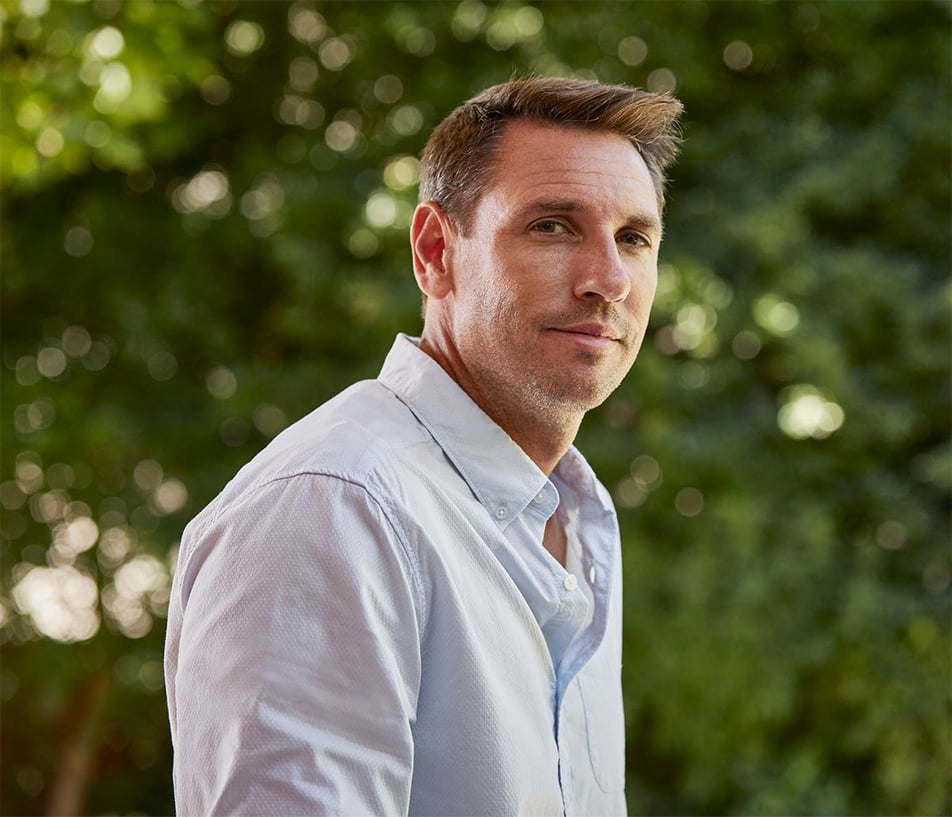

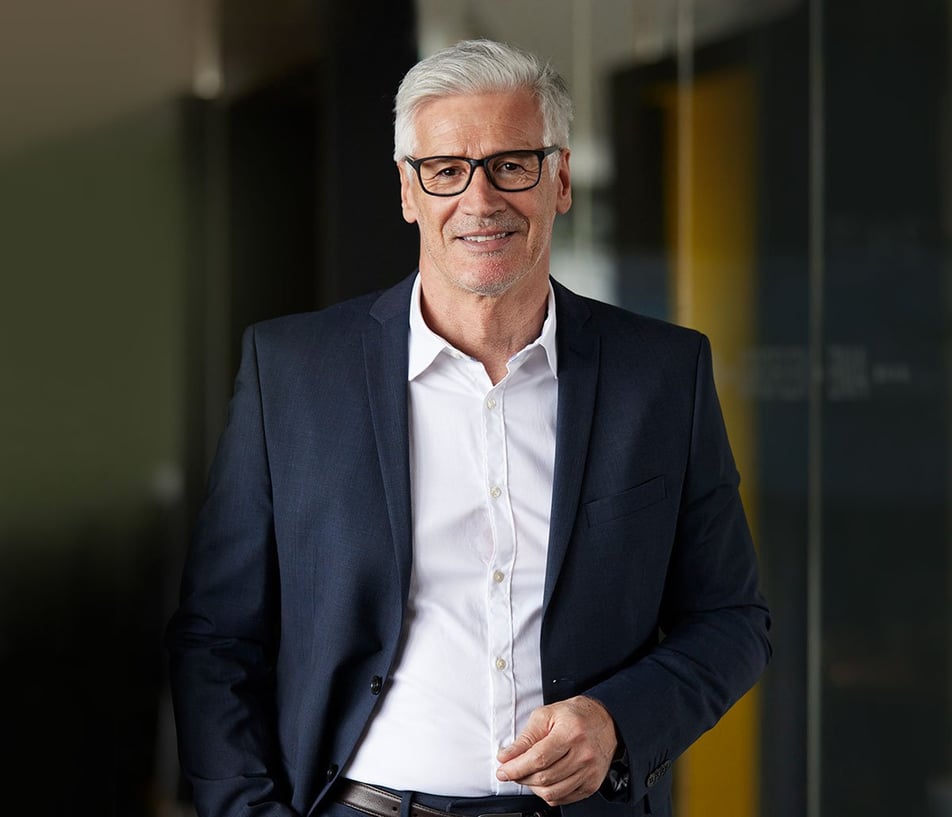

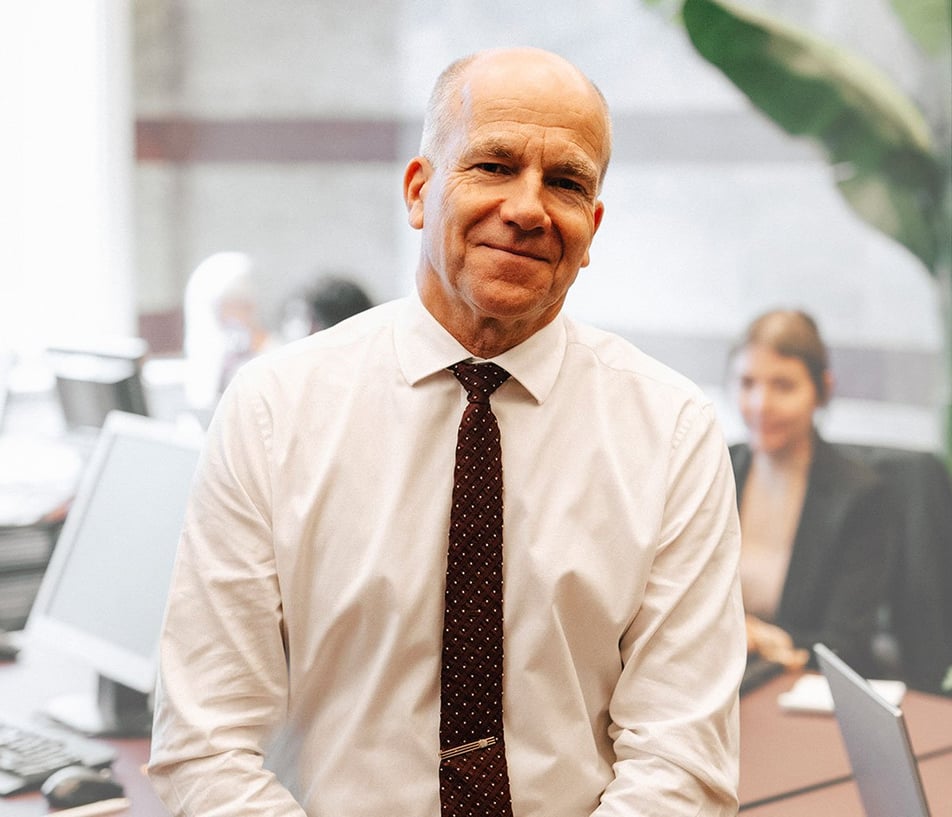
.png?width=400&height=400&name=CT-How_Can_We_Help-22_july_NewGraphic_b(small).png)

.png?width=1386&height=1224&name=2025%20Legal500%20Elite%20Boutique%20Award%20(Badge).png)
.png?width=1386&height=1224&name=ITR%20Finalist%20Practice%20Leader%20of%20Year%20Peter%20Aprile%202024%20(Badge).png)
.png?width=1386&height=1224&name=2025%20Legal500%20Leading%20Firm%20Client%20Satisfaction%20Award%20(Badge).png)
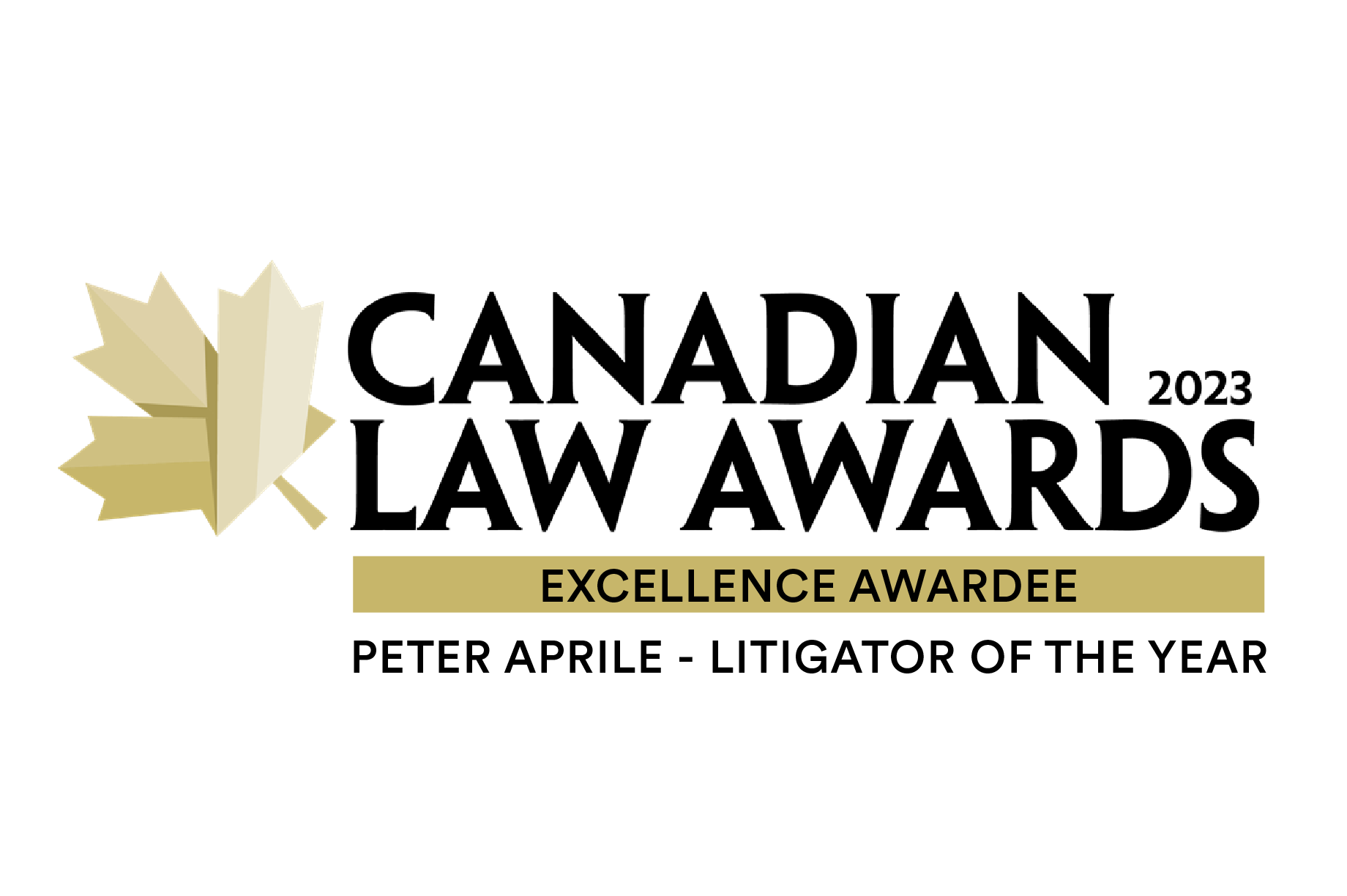
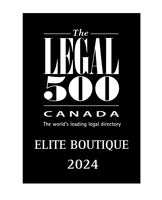

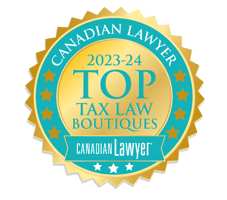
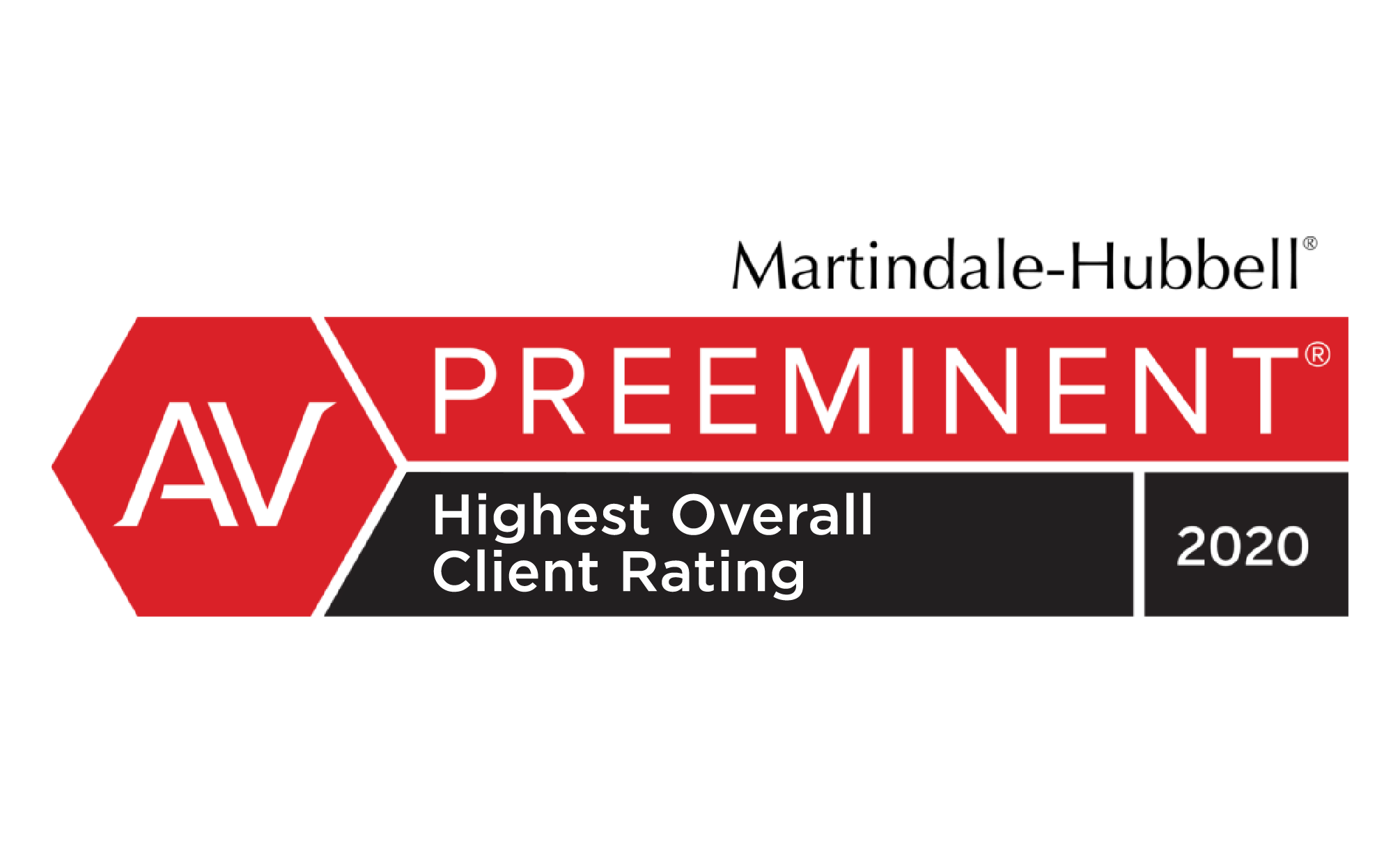
.png?width=1386&height=1224&name=ITR%20Tax%20Innovator%20Finalist%202024%20Award%20(Badge).png)

